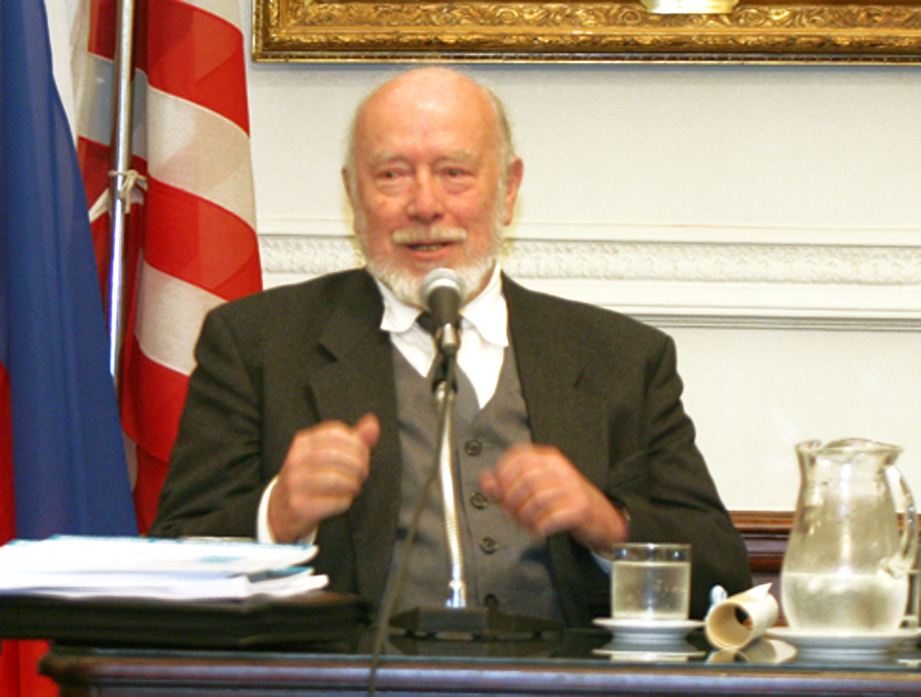
A classic among sociologists
On the death of Sociology Professor Thomas Luckmann
The University of Konstanz grieves for Professor Thomas Luckmann who died on 10 May 2016 at the age of 88. The name Thomas Luckmann is closely linked to Konstanz sociology, which he decisively influenced through 24 years of research and teaching here at the University of Konstanz. Luckmann was the founder of a social science based on human science, phenomenology as well as anthropology with an empirical orientation and a focus on social theory. This programme has influenced the thinking of numerous sociologists. Interdisciplinary research at the University of Konstanz has also benefited from Thomas Luckmann. This was highlighted, for example, by the successful collaboration between literary scholars and philosophers in the collaborative research centre "Literatur und Anthropologie" (literature and anthropology).
Thomas Luckmann was one of the most prominent representatives of German post-war sociology. He was already considered a classical sociologist during his lifetime. Among the most important of his numerous publications are "The Social Construction of Reality“, written with Peter L. Berger in 1966, which has become part of the sociological canon. Furthermore "The Invisible Religion“ (1967), which initiated a renewal of the sociology of religion, as well as the standard work of phenomenologically-based sociology, which his teacher Alfred Schütz had started and Luckmann had completed: "Strukturen der Lebenswelt" (The Structures of the Life World) (1975/1984). "The Social Construction of Reality" has been translated in 13 languages and was recognised as one of the ten most important sociology books by the American Sociological Association.
Thomas Luckmann was born on 14 October 1927 in Jesenice (Slovenia), studied philosophy, German language and literature, Romance linguistics and literature, comparative linguistics and psychology at the universities of Vienna and Innsbruck. From 1949 on he studied at the New School for Social Research in New York, where he met sociologist Alfred Schütz. After he completed his doctorate in sociology there in 1956, he taught at that university from 1960 to 1965. In 1965 he was offered a professorship at the University of Frankfurt and returned to Europe. Only five years later he moved on to the still young University of Konstanz, where he worked as a sociology professor until his retirement in 1994. He was one of the driving forces behind the founding of the social sciences archive in Konstanz.
We have lost a distinguished academic, an exceptional colleague and a friend.
